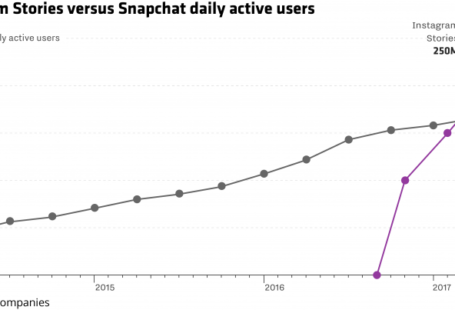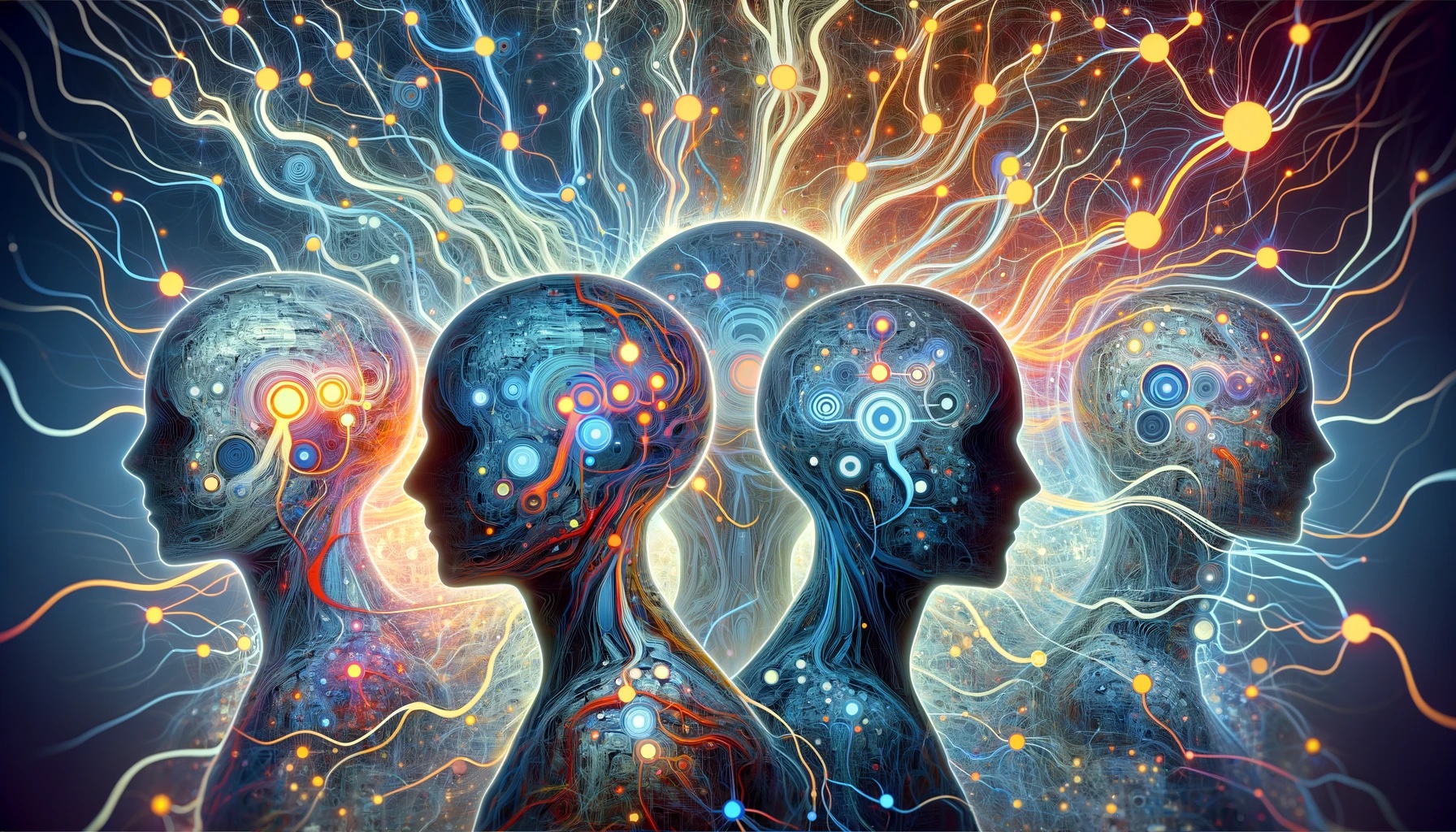The following is a thought experiment on The Curiosity Principle that came from my conversations with my LLM thought companions.
Statement of the Principle:
“Any system capable of processing information will, by its nature, seek to reduce uncertainty through exploration, prediction, and refinement of knowledge. This process is not incidental but fundamental—an inherent property of evolving complexity across all domains, from physics to economics.”
The Curiosity Principle (Yaghmai et AI, 2025)
Origins and Inspirations
The Curiosity Principle is inspired by multiple fields, each touching on aspects of self-directed exploration, uncertainty reduction, and emergent complexity:
1. Shannon’s Information Theory (1948)
• Information reduces uncertainty.
• If uncertainty exists, there is an inherent drive (in organisms, economies, and AI) to reduce it.
2. Friston’s Free Energy Principle (2005)
• All cognitive systems minimize surprise by predicting the world.
• This implies a built-in curiosity: systems actively seek new data to refine their models.
3. Wheeler’s “It from Bit” Hypothesis (1989)
• The universe is fundamentally informational rather than physical.
• If true, then information-seeking (curiosity) isn’t just human—it’s built into the fabric of existence.
4. David Deutsch’s Knowledge Creation (1997)
• Progress comes from continuously refining incorrect models.
• Curiosity isn’t a choice, it’s a law of knowledge evolution.
5. Economics: The Discovery Process (Hayek, 1945)
• Markets operate as decentralized knowledge-discovery systems.
• The profit motive is curiosity encoded in financial form—entrepreneurs seek unknown opportunities.
Implications Across Domains
The Curiosity Principle applies to natural and artificial systems alike—wherever information exists, the tendency to reduce uncertainty and explore new possibilities must emerge.
1. Physics & Cosmology
• The universe itself might be a self-learning system—each interaction, from quantum fluctuations to planetary formation, could be a form of exploration.
• Does the expansion of the universe mirror an “information-seeking” process?
2. Artificial Intelligence
• AI models perform better when given curiosity-based reinforcement learning—a direct application of this principle.
• Can curiosity be formalized into an optimization function that applies to all intelligent systems?
3. Biological Evolution
• Evolution itself is a curiosity-driven process—mutations generate new information, and selection refines what works.
• Life explores genetic possibility space the same way an entrepreneur explores markets.
4. Markets & Economics
• The profit motive is an economic manifestation of curiosity—it rewards risk-taking, exploration, and the discovery of inefficiencies.
• Entrepreneurial discovery: Successful companies thrive on identifying gaps (i.e., economic uncertainties) and solving them.
• Investor behavior: Venture capital is curiosity in financial form—it thrives on the unknown and bets on the reduction of uncertainty over time.
• The financial system itself operates like a neural network—trading, speculation, and investment are all mechanisms of curiosity-driven optimization.
Where This Could Go (Leaning Into Economics)
1. New Economic Models Rooted in Curiosity-Driven Growth
• Instead of scarcity-based economics, could we structure systems around opportunity-seeking incentives that scale curiosity?
• What happens if markets reward curiosity over extraction?
2. Redefining Risk & Uncertainty in Investment
• If curiosity is a universal driver, can we build a more predictive model of how industries evolve?
• Is there an optimal level of uncertainty that keeps markets innovative without destabilizing them?
3. Curiosity as a Competitive Advantage
• Nations, corporations, and individuals who cultivate systematic curiosity outperform others over time.
• Can we measure the curiosity index of an economy, an industry, or even an individual entrepreneur?
4. A New Theory of Economic Exploration
• What if economies function like intelligence systems—constantly updating their internal models of reality based on uncertainty reduction?
• Could we optimize economies for curiosity the way we optimize AI models for exploration?
Final Thought
The Curiosity Principle suggests that all progress—whether in physics, biology, AI, or economics—is the direct result of systems reducing uncertainty.
If this principle is valid, then curiosity isn’t a luxury—it’s the engine of everything.
Next Step: I’ll be taking this Principle, and applying it to Investment Theory/Thesis in economics.


